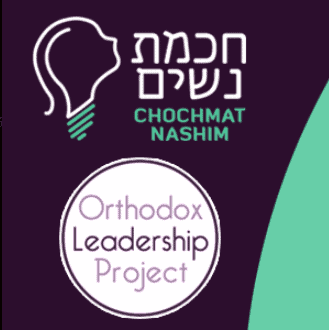Enuma Elish and Megillat Esther
In the ancient Babylonian myth of Enuma Elish, Marduk, who possesses four eyes round his head and a hefty amount of confidence in his own infallibility, is appointed by all the gods as the chief warrior capable of battling against the mother of all gods and the epitome of chaos itself — Tiamat and the supreme monster she created, Kingu. He succeeds in obliterating Tiamat through trapping her in a net and killing her, as well as Kingu and creates the world out of Tiamat’s waters and humanity out of the blood of Kingu. All the gods and humanity are indebted to the supreme and unchallenging wisdom, power and strength of Marduk forever after. This ancient myth comes to resolve some of the most ancient ideas humanity has grappled with from its inception; dualism, chaos, nothingness, authority and autonomy. It answers these challenges in a binary way. There is order and chaos, good and evil, light and dark. It is imperative that humanity allows the order, good and light to win over all the other forces, or we will be forced into a reality of incessant war, uncertainty and darkness. Its narrative is one that sees humanity as inherently monstrous and evil creating chaos, disorder and uncertainty. The only solution is to acquiesce to a greater, better and more authoritative power that can reign over these dark forces. That power resides in the heavens, and dictates our mortal life here on earth.
The reason this Babylonian myth held scope for many thousands of years and became a template for so many other myths and even modern day films and dramas (think of fairy tales, Disney and Hollywood movies) is because it touches on an a deep existential truth. Every human being in every place and at every point in history grapples with fear of the uncertain, the unknown, the void, the abyss of nothingness. Today in a postmodern world after the failure of modernity’s constructs and progressive promises this is perhaps the question we face. We all seek an answer, the answer. We impose, onto an often chaotic and unsettling reality, superficial structures of order – good/bad, right/wrong, pure/impure, holy/profane to alleviate the dissonance we feel. One only need look at recent history to see how this plays out in so many guises. The fear of the unknown, of the unexplored territory, of the chaos come, is what impels us towards fundamentalist positions. It is what leads voters to opt for radical parties, it’s what creates a society of fear and isolationism – a them/us duality, and ultimately it is what paralyses us, impeding our ability to act. It impels us to the known, comfortable, status quo, even though it may be corrupt and regressive.

